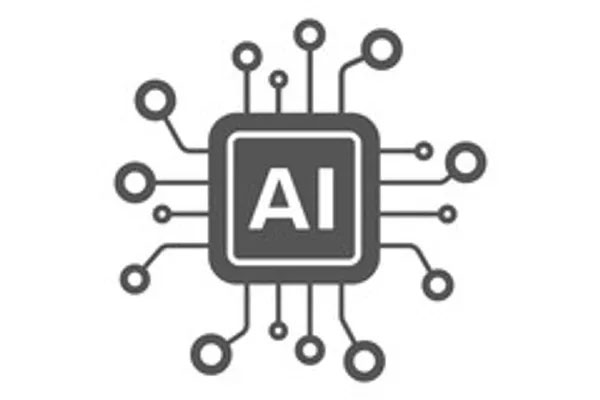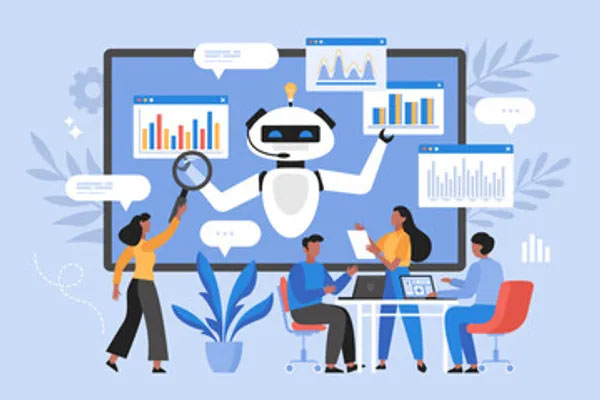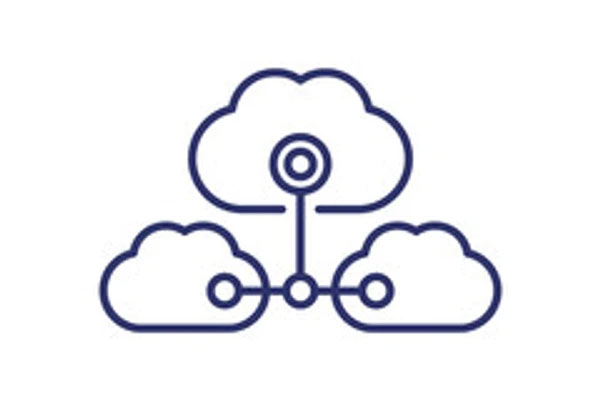Every organization that develops technology solutions for its businesses uses DevOps. DevOps combines development (Dev) and operations (Ops) to unite people, processes, and technology in application planning, development, delivery, and operations. It enables coordination and collaboration between formerly siloed roles like development, IT operations, quality engineering, and security.
Teams adopt DevOps culture, practices, and tools to increase confidence in the applications they build, respond better to customer needs, and achieve business goals faster. DevOps helps teams continually provide value to customers by producing better, more reliable products.
Setting up DevOps correctly is crucial to maximizing its key benefits, which include velocity, quality, efficiency, risk reduction, and customer value for its technology solutions. DevOps has metrics and key performance indicators (KPIs) that provide data-driven insights. They are considered the industry standard for evaluating the quality and reliability of software delivery within an organization. Tracking these data points helps teams identify bottlenecks, improve processes, and continuously enhance software quality. This visibility assists organizations in accelerating development, responding to market changes, and achieving long-term success.
The introduction of artificial intelligence (AI) in DevOps, including machine learning, natural language processing, computer vision, chatbots, and virtual assistants, has further enhanced software development processes and streamlined operations. Here are some key benefits of integrating AI into DevOps:
1. Increased Efficiency and Speed:
AI can automate repetitive tasks associated with software development and delivery, which translates into faster project completion with fewer errors and quicker deployments.
2. Improved Accuracy and Consistency:
AI can enhance code quality by automating testing and other tasks, reducing human error risk, and ensuring consistent execution.
3. Better Resource Management:
AI can optimize resource allocation by predicting resource demands, dynamically allocating cloud resources, and managing infrastructure efficiently.
4. Enhanced Security:
AI can identify security vulnerabilities and help organizations proactively address threats and protect their systems.
5. Automated Anomaly Detection:
AI algorithms can process monitoring data, detect anomalies, and trigger alerts to prevent system failures and ensure optimal performance.
6. Data-Driven Decision-Making:
AI analyzes logs, performance metrics, and user feedback and can provide valuable insights for continuous improvement and informed decision-making.
7. Streamlined Collaboration:
AI can assist in problem-solving and collaboration between development and IT operations teams. It makes teamwork more effective and efficient.
The above list shows how DevOps can be enhanced by applying DevOps AI. New trends and technologies are emerging that will further shape the future of AI in DevOps. These include the increased use of machine learning models to predict and optimize resource allocation, developing more sophisticated AI-driven monitoring and alerting tools, and integrating AI with other emerging technologies such as edge computing and serverless architectures.
Additionally, AI will likely enable new approaches to DevOps, such as autonomously optimizing software performance, improving code quality, and even generating code based on high-level requirements or business goals. Here are the ten popular AI tools that can significantly enhance DevOps practices:
• ClickUp integrates with existing repositories and other SaaS solutions.
• CodeGuru leverages machine learning for code review and analysis.
• Datadog excels in monitoring and alerting.
• Sysdig focuses on security and scalability.
• Snyk specializes in vulnerability detection and remediation.
• PagerDuty automates incident response and resolution.
• Harness streamlines CI/CD pipelines with AI-powered automation.
• Atlassian integrates AI into its suite of tools (e.g., Jira, Bitbucket, Confluence).
• Kubiya offers a DevOps virtual assistant powered by AI.
• Dynatrace excels in anomaly detection and monitoring.
Remember to choose tools that align with your team’s specific needs, whether security, automation, or performance optimization. These AI tools can be your allies in achieving DevOps excellence.
Excellence in DevOps accelerates organizations’ delivery of quality technology solutions to their businesses, allowing them to respond to market changes and ultimately accelerating their path toward achieving their business goals.





